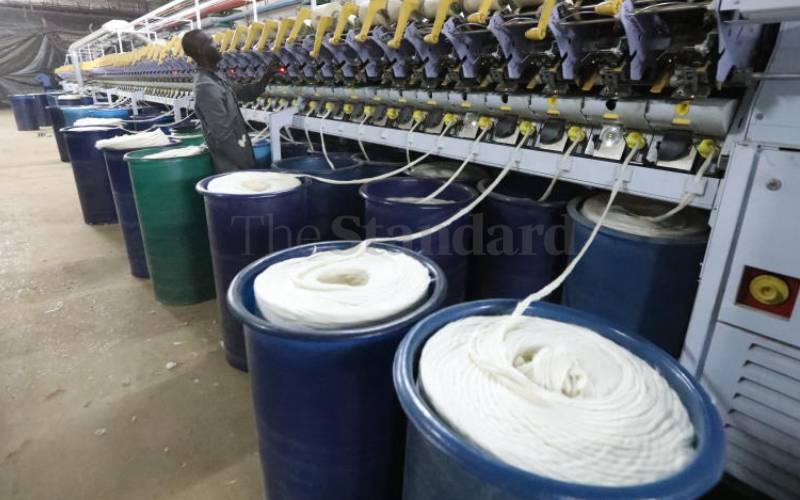×
The Standard e-Paper
Fearless, Trusted News

RIVATEX employee operating a machine at the textile factory in Eldoret. [Kevin Tunoi, Standard]
The share of green talent in the workforce has increased by more than 38 per cent since 2015. This is one of the findings of the LinkedIn Global Green Skills Report 2022.